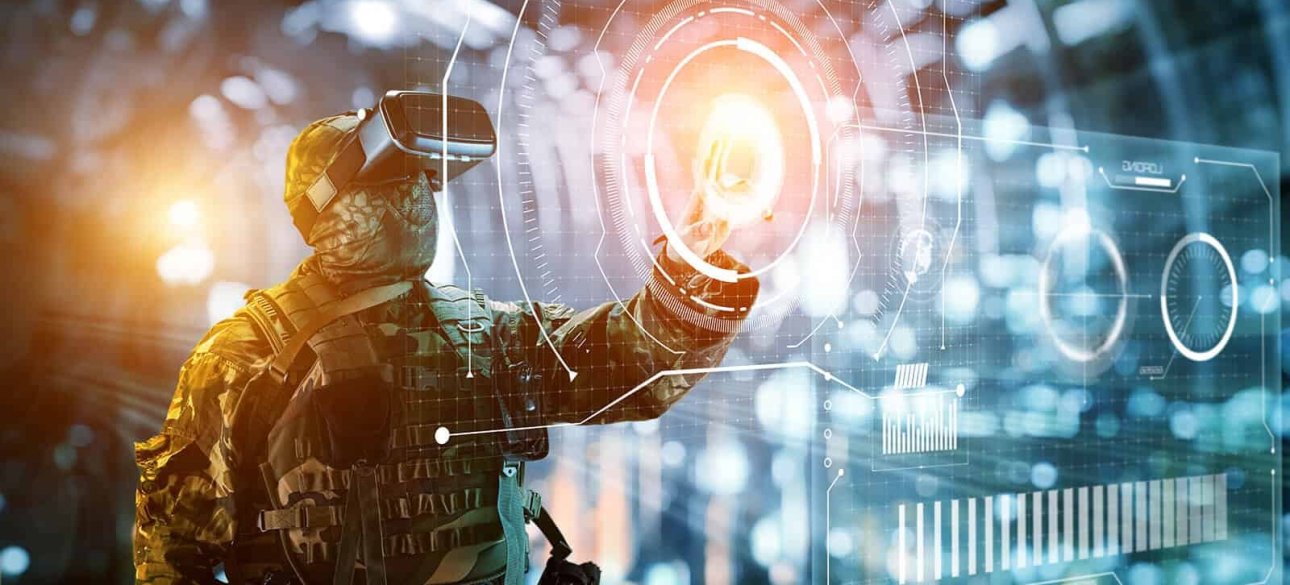
 By Eliza Popova
By Eliza Popova
Electrification, which began with the ideas of Tesla and Edison, increased productivity in the United States by 30% by 1920s, but left millions of out of work until society has adapted to the new professions. Today, in 2025, we stand on the verge of a similar fracture - artificial intelligence rewrite economic and geopolitical rules. In the first quarter of 2025, according to the US Bureau of Economic Analysis, the AI and computing equipment provided 1. 2% of US GDP growth.
Investments in Shi chips and servers have increased by 18%, reaching $ 50 billion, with NVIDIA, Microsoft and Google at the head. The US market in the US is estimated at $ 73. 98 billion in 2025 with 37. 3% increasing. Goldman Sachs predicts that by 2030, the AI will add $ 4. 4 trillion to the US economy. But the numbers are hiding a great story. As electricity in the 1900s changed plants, AI changes production today.
The Siemens Dark Factories in Germany and Xiaomi reduced 15% of jobs in China, but created 2. 3 million new new ones in the SI-sector in two years. This resembles the 1920s when electric machines have displaced artisans but gave rise to engineers and operators. Then to lure the machines were breaking, fearing the future. Today, trade unions require the regulation of the AI, fearing that it will displace 92 million jobs by 2030, creating 78 million new ones (VEF data).
Remember the "lame duck" solution when the US, to secure its advantage, restricted the exports of china to China. And if the US is going to invest in 2025 in the $ 73. 98 billion, then China corresponds to the AI 2030 plan, investing $ 30 billion annually and developing its own processors. AI already manages 70% of US stock exchanges. But in 2024, cyberattacks using AI touched the three G7 infrastructure, bypassing $ 2. 3 billion, which pushed the UN to develop global standards for AI.
It is an echo of the 1950s nuclear race, when the US and the USSR fought for technological advantage, risking stability for the sake of leadership. It is necessary to realize that every milestone in the technological way is a chance for lagging. The DPRK may not do the best rockets, but its hackers are conducting one of the most daring attacks in the world, which allowed the country to own the third in volume of bitcoin among countries (after the US and the United Kingdom).
Several countries develop their chips at once, which, of course, is limited to access to lithographic machines, but who knows what discoveries can happen along the way. The electrification of the early twentieth century gave birth to titans like General Electric. They just took advantage of dominance, later part of the globalization processes. AI will do everything much faster and larger, as it is already near you.
It is not just a technological breakthrough, but a moment that changed the balance of power. And you know what happened when technological progress developed faster than humanity's readiness for change? Wars. Large cuts, which even then lead to the emergence of the slogans of the Never Again type. Will we be able to direct the AI for the good, or geopolitical races will repeat the mistakes of the past, where the rivalry overshadowed cooperation? I think the second and then the first.










All rights reserved IN-Ukraine.info - 2022